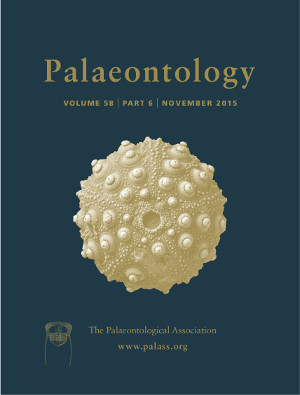Reg. Charity No. 1168330

The cranial anatomy of the iconic early tetrapod Eusthenopteron foordi is probably the best understood of all fossil fishes. In contrast, the anatomy of the lower jaw – crucial for both phylogenetics and biomechanical analyses – has been only superficially described. Computed tomography data of three Eusthenopteron skulls were segmented using visualization software to digitally separate bone from matrix and individual bones from each other. Here, we present a new description of the lower jaw of Eusthenopteron based on microcomputed tomography data, including the following: detailed description of sutural morphology and the mandibular symphysis; confirmed occurrence of pre‐ and intercoronoid fossae on the dorsal aspect of the lower jaw; and the arrangement of the submandibular bones. Furthermore, we identify a novel dermal ossification, the postsymphysial, present on the anteromedial aspect of the lower jaw in Eusthenopteron and describe its distribution in other stem tetrapod taxa. Sutural morphology is used to infer load regimes and, along with overall skull and lower jaw morphology, suggests that Eusthenopteron may have used biting along with suction feeding to capture and consume large prey. Finally, visualization software was used to repair and reconstruct the lower jaw, resulting in a three‐dimensional digital reconstruction.